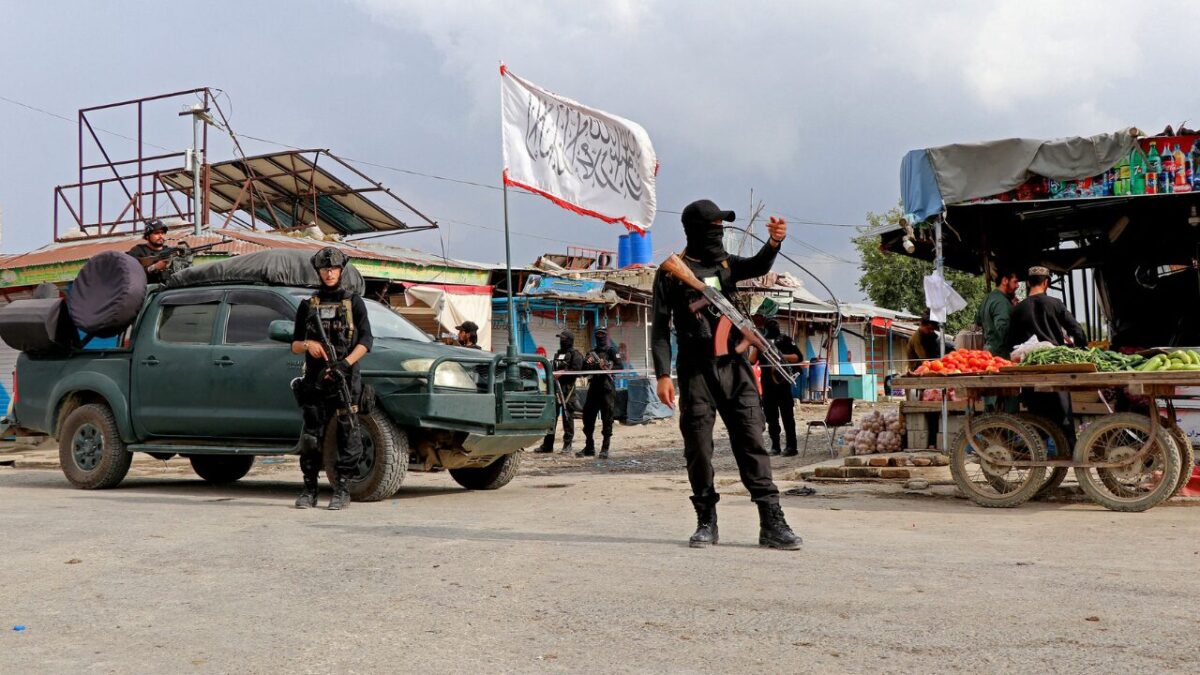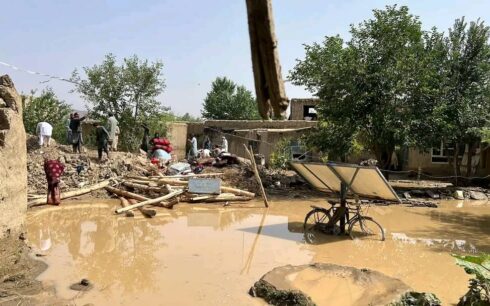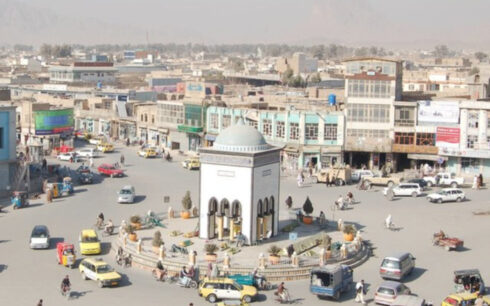GENEVA — United Nations experts issued a stark warning on Wednesday, urging the international community not to normalize the Taliban’s rule in Afghanistan. The experts highlighted the worsening human rights situation under the Taliban, particularly the escalating oppression of women and girls, which they described as systematic and amounting to crimes against humanity.
The statement, signed by 25 UN special rapporteurs and independent experts, condemns the Taliban’s three-year rule, which they say has led to an “appalling and intensifying attack” on the rights and freedoms of Afghan citizens. The experts underscored the Taliban’s lack of legitimacy and inclusivity, noting that the regime continues to quash dissent, repress civil society, and show blatant disregard for justice, equality, and the rule of law.
“The situation continues to deteriorate, and stronger and more effective international action is needed immediately,” the statement read.
Gender-based oppression and human rights violations
The UN experts were particularly critical of the Taliban’s institutionalized gender oppression, which has been entrenched and intensified through more than 80 edicts targeting women and girls. The Taliban’s actions, they argued, amount to gender persecution and crimes against humanity.
“Many Afghans describe the situation as ‘gender apartheid,'” the statement noted, adding that the Taliban has dismissed international concerns about the rights of women and girls as an “internal matter.”
The experts also expressed deep concern over the treatment of religious and ethnic minorities, LGBTQ+ individuals, human rights defenders, and other marginalized groups in Afghanistan. Reports of arbitrary arrests, unlawful killings, enforced disappearances, and torture were cited as evidence of widespread human rights abuses under the Taliban’s rule.
Call for international action
The statement called for a robust and coordinated international response to the human rights crisis in Afghanistan, warning against any move to normalize relations with the Taliban. The experts emphasized the need for an “all tools approach” that combines accountability, increased documentation of abuses, and greater support for Afghan civil society.
“We stress that there should be no move to normalize the de facto authorities unless and until there are demonstrated, measurable, and independently verified improvements against human rights benchmarks, particularly for women and girls,” the experts said.
The UN experts urged the International Criminal Court to expedite its investigation into crimes committed in Afghanistan and called for possible legal action against the Taliban at the International Court of Justice.
A global responsibility
The experts concluded by emphasizing the international community’s responsibility to protect the rights, dignity, and humanity of all Afghans. They warned that disengagement from Afghanistan could lead to further abandonment of the Afghan people and called for renewed global commitment to supporting those suffering under the Taliban’s rule.
“Now, more than ever, is the time for robust and effective international action to meet their demands with increased protection, support, and solidarity,” the statement said.





